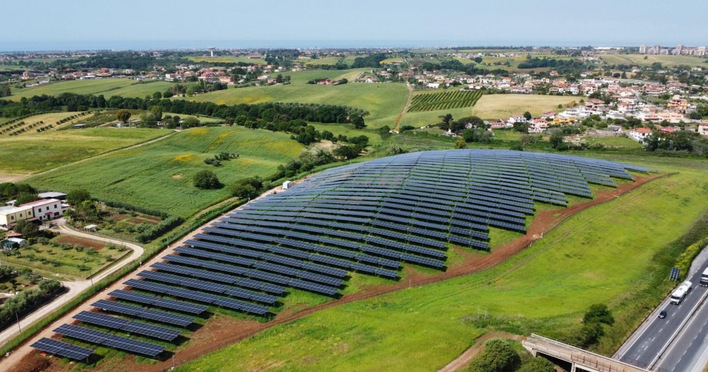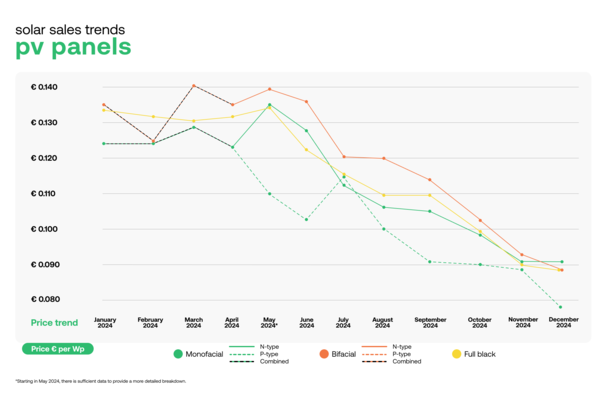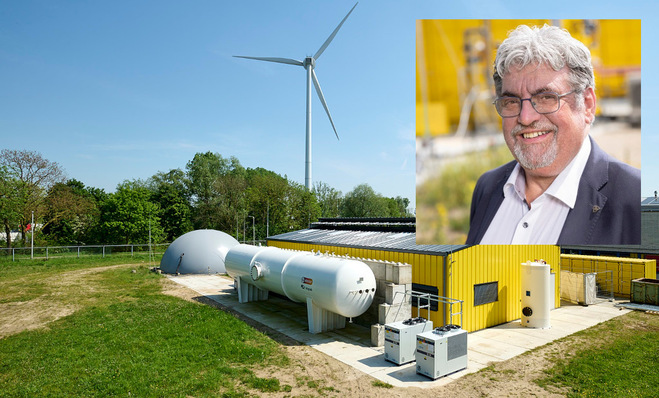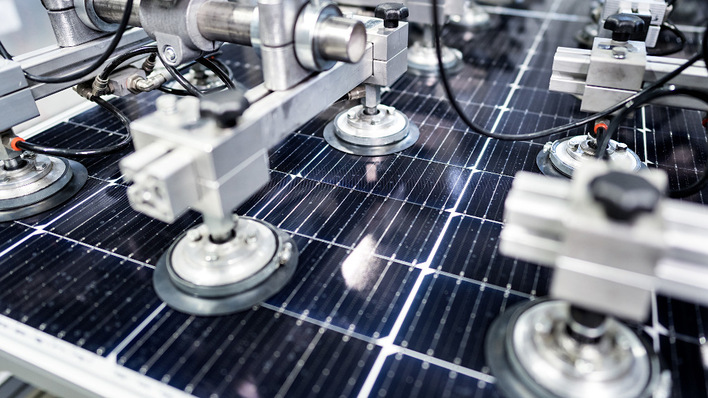It continues to sound strange: falling purchase prices and falling consumer demand. The solution seems so simple, introduce a price incentive by lowering selling prices and demand picks up again. But if that means that as a wholesaler you have to write off a few million on the stock, then that is a much less attractive option.
"A few months ago, we were in a completely different situation," Scheper recalls. "At that time, the wholesalers could hardly handle all the orders and the phone for new customers was no longer even answered, so to speak. They didn't listen to the market buzz that this growth would not continue and now they are left with purchases that have been bought for 120 percent of the value.“
„Eventually, the market will pick up again“
In the National Solar Trend Report 2023, Dutch New Energy Research already expressed the expectation that the huge peak in consumer demand was mainly due to external factors. Although for instance the Dutch net metering scheme is still not being phased out, it is a fact that a large part of the residential market is already equipped with solar panels.
Among the homes that do not yet have solar panels are many rental homes and homes with roofs that are not suitable for solar panels. "Many companies have deluded themselves into thinking that the enormous growth of the past two years was due to their business model, but we now see that this growth has been very dependent on external factors," concludes Scheper.
"Staff who have been hired en masse to do procurement now have to do acquisition. That will be quite difficult, because where we had to keep an open mind last month, I can now assure you: it will not get better next month, and neither will it be the month after that. Eventually, the market will pick up again, but that will take some time. Companies will have to make a plan to bridge those months, otherwise they might not make it.“
Momentum for the business market does not seem to last long
In the business segment, the slowing growth has been visible for some time. Last year, this was exacerbated by rising material costs, smaller contributions from subsidies, reluctance from banks and a shortage of inverters and suitable installation staff.
On top of that, Rob Jetten, Dutch outgoing Minister for Climate and Energy, recently announced that the order of preference for solar has been further elaborated. Municipalities, provinces and the national government have jointly agreed that solar energy on roofs, façades and sites and objects within built-up rural areas must be further stimulated, but that solar energy on agricultural and natural land must be prevented.
Did you miss that? New B2B online PV marketplace sun.store
The Dutch government for example still sees potential for 145 gigawatts of solar energy on roofs and facades by 2050 and another 9.5 gigawatts on sites and objects within built-up areas and in rural areas. But agricultural and nature land should be "spared where possible", Jetten wrote.
Large scale projects with permits profitable again
"Yet it is the business market that is picking up enormously right now. Projects that arranged their permits two years ago, but postponed the purchase of the materials because they had become far too expensive. Now that the prices of solar panels have become so low, these projects are coming back on the market en masse because they are now profitable," says Scheper.
This creates the curious situation that the segment in which the Dutch government wants to grow is declining sharply. And the segment that the government wants to slow down can suddenly count on growth again. The chance that the business market will be able to benefit from the current momentum for a long time therefore does not seem particularly high.
Also interesting: Strong focus on PV roofs and self-consumption in Belgium
"Chinese producers of wafers in ingots have been selling their products at a loss for some time, but prices are still falling and they continue to sell. That can only mean that their stocks are so full that they have no other choice," says Scheper.
"So if you can't make a business project profitable now, your business case may not be as good as you think. That's why I wouldn't wait too much longer, because those Chinese companies just want to build up a profit margin again at some point.“ (Gerard Scheper/hcn)








